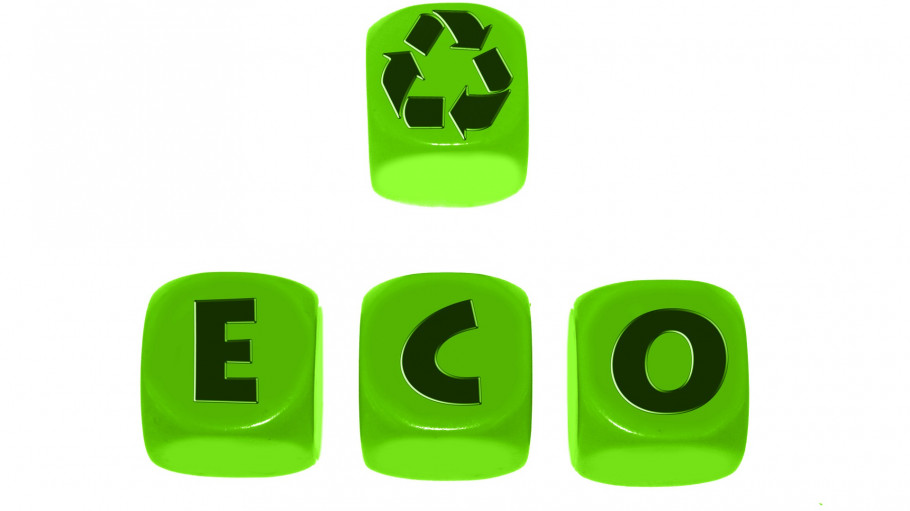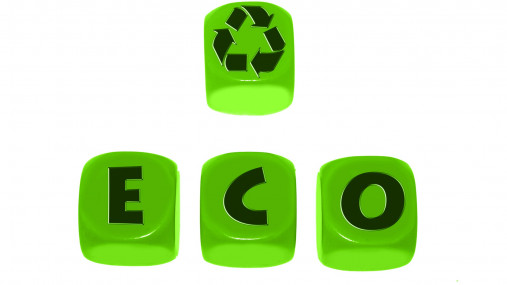
Publications » Position papers » Ecodesign for Sustainable Products Regulation
Ecodesign for Sustainable Products Regulation
Downloads and links
Recent updates

The steel industry welcomes the release of the recently proposed Ecodesign for Sustainable Products Regulation (ESPR) by the European Commission. The European Union needs strong legislation to achieve its ambitious objectives set in the Green Deal and Circular Economy Action Plan, which can improve its competitiveness on global markets and set an example to other economies. The success of this general framework legislation relies on numerous related delegated and implementing acts to be released, the revision of already existing ones and their mutual coherence. It will extend the scope to a wider range of products to strengthen the circularity criteria, to introduce new information requirements for products and to provide more sustainable information alongside sustainable products for customers on the European market. Living up to this ambition will require a sustained, coherent and forward-looking thrust from the European Commission. The European steel industry is ready to assist in that challenge.
Key areas are: harmonisation, requirements, digital product passport and substances of concern.
In conclusion, the European Commission proposal is an important but also challenging starting point towards the transition to the circular economy, which is a key contributor for achieving climate neutrality targets. However, its effectiveness will greatly rely on the new requirements with appropriate relevance for products levels in delegated acts and overall coherence of related legislation. Driving the transition to more sustainable products requires also the creation of lead markets, as well as incentivising them to keep the pace and motivate others, whilst harnessing the current potential from industry. The steel sector is looking forward to cooperating with the European Parliament and the European Council for enhancing the current text.
The full text of the position paper on the Ecodesign for Sustainable Products Regulation is available below.

Download this publication or visit associated links
Joint Industry Statement
Brussels, 11 February 2026 - The European Steel Association (EUROFER) has backed a call to action adopted by European companies and industries in Antwerp today, which includes a demand on the EU to take urgent action to bring electricity prices down as a condition for Europe’s industrial drive, competitiveness and economic resilience.
The automotive value chain is of vital importance to the EU steel industry and requires an integrated approach to realising the decarbonisation transition in a pragmatic way.